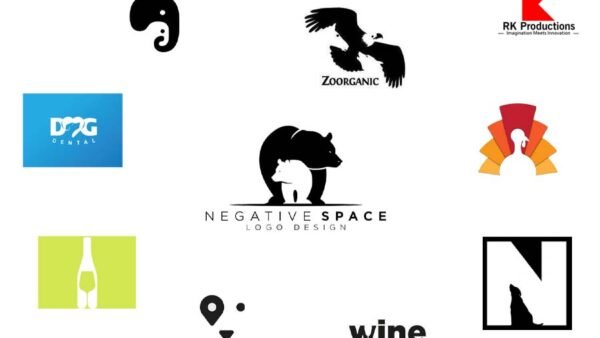Storytelling is one of the most powerful tools in branding. It creates a deep emotional connection between a brand and its audience, setting it apart in a crowded marketplace. Here’s why storytelling is essential in product branding and how it impacts customer engagement, loyalty, and long-term success:
Humanizing the Brand
- Stories give brands a personality and make them relatable. People don’t connect with products; they connect with emotions, experiences, and values. When a brand shares its journey, mission, or customer experiences, it becomes more than just a company; it becomes a story that people care about.
Creating Emotional Connections
- Great storytelling taps into the emotions of the audience, creating a bond that goes beyond transactional value. When consumers feel emotionally connected, they’re more likely to trust and stay loyal to the brand. For example, brands like Nike or Apple excel at using storytelling to inspire and motivate, drawing in customers on a deep, emotional level.
Differentiating in a Crowded Market
- Storytelling helps distinguish a brand in a competitive market by emphasizing its unique attributes. A well-crafted story provides context and meaning, enabling customers to understand the brand’s unique selling points in a memorable way.
Enhancing Customer Loyalty
- Consistent storytelling builds loyalty. When customers resonate with a brand’s story, they’re more likely to return, recommend, and defend it. Brand loyalty is often rooted in the shared values and narratives that customers relate to.
Driving Engagement on Social Media
- Social media is an ideal platform for storytelling, as it allows brands to engage with audiences on a daily basis. Brands that share authentic stories about their values, employees, or social impact invite audiences to participate, react, and share, creating a sense of community around the brand.
Building a Legacy
- Storytelling leaves a lasting impression and contributes to a brand’s legacy. This legacy becomes part of the company’s identity and resonates with customers long after a specific campaign is over. Brands like Coca-Cola have maintained relevance over decades by building a story around happiness and togetherness.
Tips for Effective Brand Storytelling
- Know Your Audience: Understand the values, challenges, and aspirations of your target audience.
- Be Authentic: Consumers value transparency, so your story should genuinely reflect your brand’s mission and values.
- Create a Narrative Arc: Like any good story, your brand’s story should have a beginning, middle, and end – a challenge, a journey, and a resolution.
- Use Visuals and Emotion: Imagery, videos, and emotional language help reinforce your message.
- Stay Consistent: Ensure that every touchpoint, from social media to packaging, reflects your brand’s story.
Storytelling in product branding isn’t just about selling a product; it’s about creating a memorable brand experience that resonates with people and encourages them to become loyal customers.






